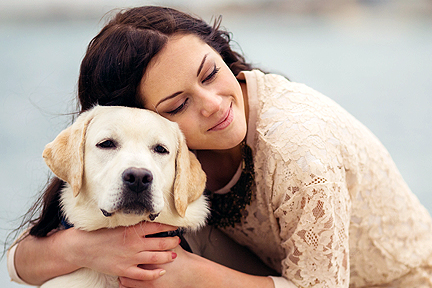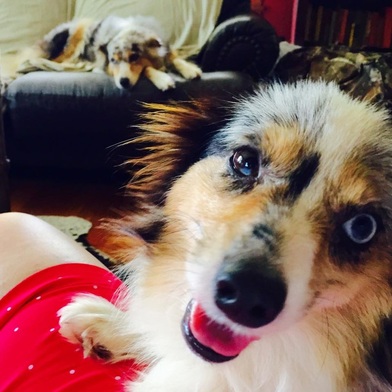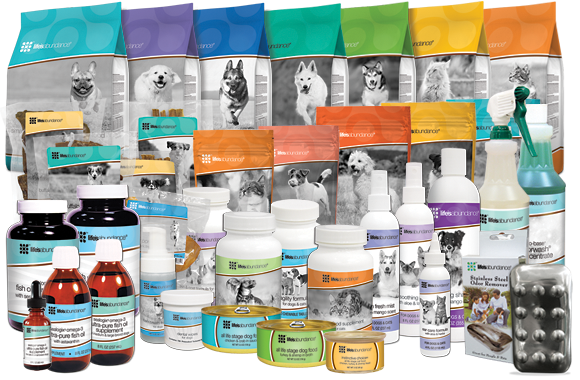The good news is that the signs of urinary problems are fairly obvious in both dogs and cats. Take your pet kid to the veterinarian if you notice any of the following symptoms …
• Out-of-character elimination in the home … that is, failure to maintain expected house or litter-box training
• A dog who asks to go outside more often or a cat making excessive trips the litter box
• repeatedly assuming the posture to pee but very little is produced
• blood-tinged urine
• excessive licking ‘back there’
• excessive drinking, panting and/or obvious discomfort
It is helpful to bring a fresh sample of urine to your vet’s office, which can be tested for the presence of white blood cells, protein, crystals and bacteria. Your veterinarian will examine your dog and may recommend additional testing, such as a urine culture, blood work and x-rays, especially if this is a recurring problems.
If tests reveal crystals in the urine, then there is a possibility of urinary stones in the bladder or kidney. Some crystals/stones (struvite) can be dissolved simply by changing to a prescription diet, while other crystals (calcium oxalate) are more troublesome. For some cases of urinary stones, surgery may be the only option.
Cats can develop stress cystitis, similar to a condition in human females. In felines, the condition is commonly referred to FLUTD (feline lower urinary tract disease) or FIC (feline interstitial cystitis). FIC appears to be a complex condition unique to indoor kitties that involves the urinary, adrenal and neurological systems.
New studies show that environmental enrichment can lower the incidence of feline lower urinary tract disease. If your cat is predisposed to this condition, consider implementing the following improvements:
• Scoop litter box daily, sanitize weekly and provide one more box than the number of cats in the household
• keep litter boxes in a quiet area, away from foot traffic
• provide multiple sources of fresh water and consider using a fountain
• feed a high quality diet, usually a combination of canned and dry food
• have multiple cat trees and hiding spots in order to increase the available vertical space for the cats
• increase petting, grooming and play activities that simulate hunting (i.e. toss kibble, feathered fishing pole, laser pointer)
• utilize feline pheromone spray (Feliway)
• consider use of anxitane or zylkene, herbal supplements to reduce stress (your veterinarian can tell you more about the available options)
It doesn’t matter whether you’re a human, a cat or a dog … urinary tract problems are no fun. Hopefully, with the information provided above, and with the valuable consultation of your trusted veterinarian, a quick and effective solution to your pet kid’s problems is well within reach.
Thank you for all you do to make the world a better place for companion animals.
























 RSS Feed
RSS Feed




